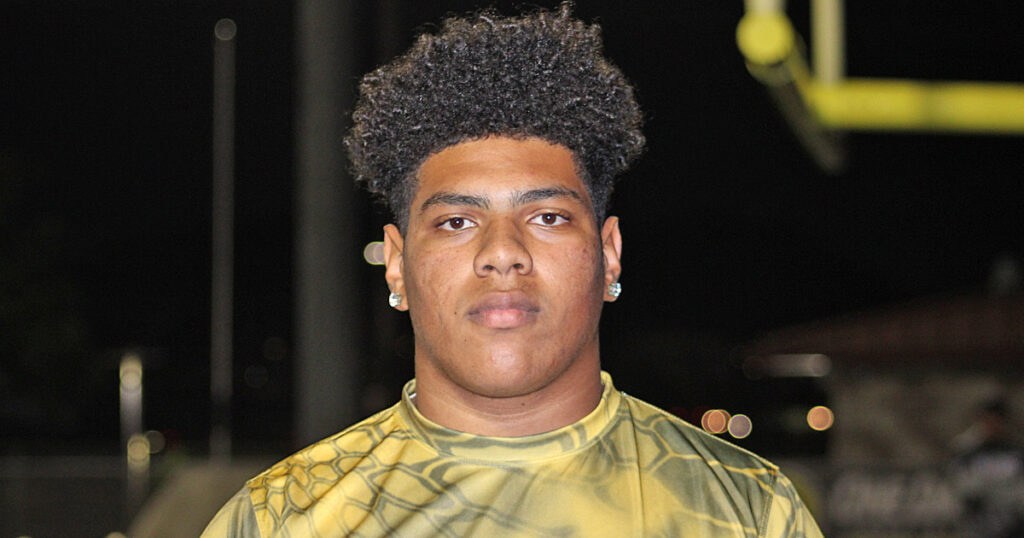Baylor Bears athletic director and College Football Playoff chairman Mack Rhoades is another example of how the power of the most prominent leaders in college sports is being unchecked.
On Thursday, ESPN’s Heather Dinich reported that Rhoades is resigning from both roles after allegations about him surfaced this week. They stem from his incident with tight end Michael Trigg in a home game against the Arizona State Sun Devils on Sept. 20.
Rhoades allegedly took issue with Trigg’s long-sleeved gold undershirt, which was a different color than the rest of the team. The Athletic’s Stewart Mandel and Sam Khan Jr. reported that the AD grabbed the TE and questioned him about his undershirt, using an expletive. Members of the coaching staff, including head coach Dave Aranda, then had heated words with Rhoades. Baylor investigated the incident and said the matter is now closed.
CFP executive director Rich Clark told ESPN that Rhoades is stepping down from his CFP role for “personal reasons.” Rhoades, meanwhile, refused to say why he’s leaving Baylor. Regardless, it’s a bad look and raises questions about whether leaders across college sports have too much power.
It may be time to curb the power of ADs
In his 1945 novel “Animal Farm,” author George Orwell wrote, “Power tends to corrupt, and absolute power corrupts absolutely.” The same can be said for college sports.
In March,
North Carolina Tar Heels AD Bubba Cunningham came under fire for his role as chairman of the selection committee for the NCAA Men’s Tournament in basketball for the 2024-25 season.
The Tar Heels made the Big Dance, despite going 1-12 against Quad 1 teams, considered the top squads in college basketball. It was later reported that Cunningham received a $104K bonus for North Carolina’s inclusion in the tournament. He left the room when the committee made its picks for the 68-team field, but it was still a massive conflict of interest.
Both of these stories illustrate why allowing ADs to hold multiple positions of power is problematic. In some cases, they may overlook their competing interests, creating a public relations fiasco. And in others, they may let power go to their heads and abuse it.
With that in mind, it’s time to consider whether ADs have too much influence. And if so, it’s time to reduce it.


























